08 May 2018
A taste of home and history
If you find yourself at Waterway Point, Causeway Point, or Northpoint City this weekend and recognising the familiar aromas of traditional roasted coffee or barbecued pork slices wafting through the shops, take a second to appreciate the years of work to perfect a craft that has created such wonderful food memories for so many Singaporeans.

Ya Kun and Bee Cheng Hiang have an outlet each at Waterway Point.
Ya Kun Kaya Toast and Bee Cheng Hiang’s food offerings speak of their unique and distinctive Singaporean story, with both food outlets finding a winning formula to reinvent themselves with each generation while staying true to their long-held heritage.
In this “Friends of Frasers Property Singapore” series, we take a look at two brands that were born and bred locally, and etched their names into Singapore cuisine folklore.
Ya Kun Kaya Toast
Founder Loi Ah Koon started off as a modest coffee stall assistant in the Telok Ayer Basin before setting up a shop of his own in Lau Pa Sat hawker centre in 1944.
Together with his wife, Ah Koon honed his recipes and preparation processes, perfecting the traditional breakfast fare of a cup of locally roasted coffee, known as kopi, and kaya toast which Singaporeans have come to know and love.
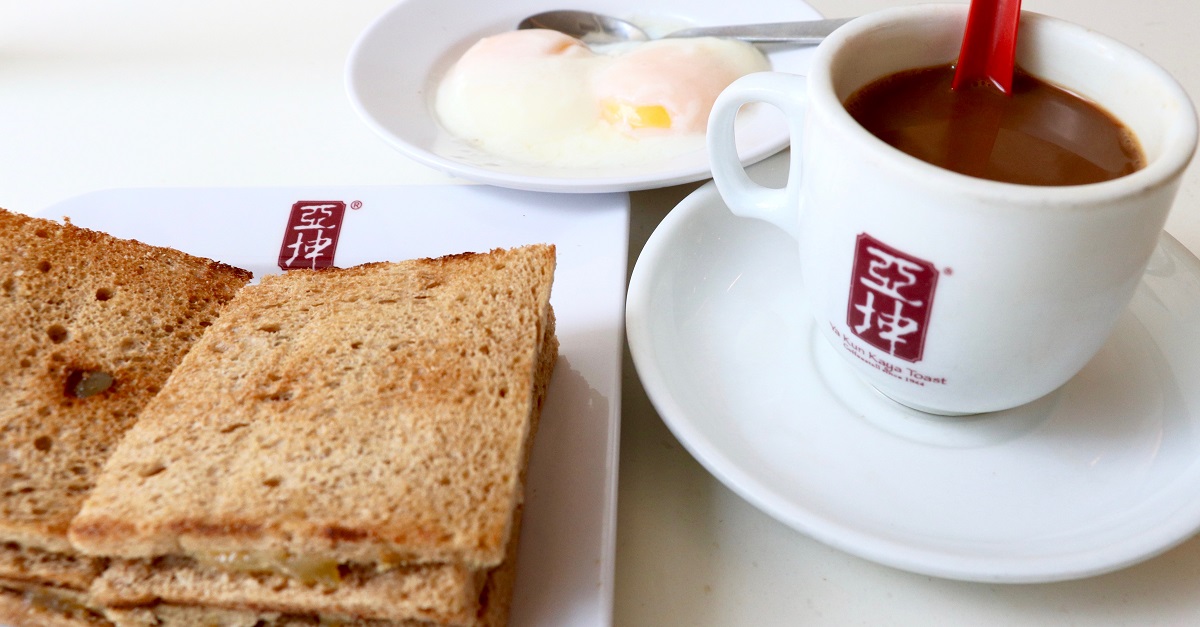
The eggs, coffee and Kaya toast combination is a favourite of regulars at the stall.
Every cup of kopi was brewed with the pot and sock method, every slice of bread was toaster grilled, and every inch of the bread was slathered with kaya, an olive-coloured coconut jam flavoured with pandan leaves – a practice that is still adhered to at all outlets today.
There were several more moves between Lau Pa Sat and Telok Ayer through the 70s and 80s, before the brand settled in to what we now know as its flagship location in Far East Square in 1998.
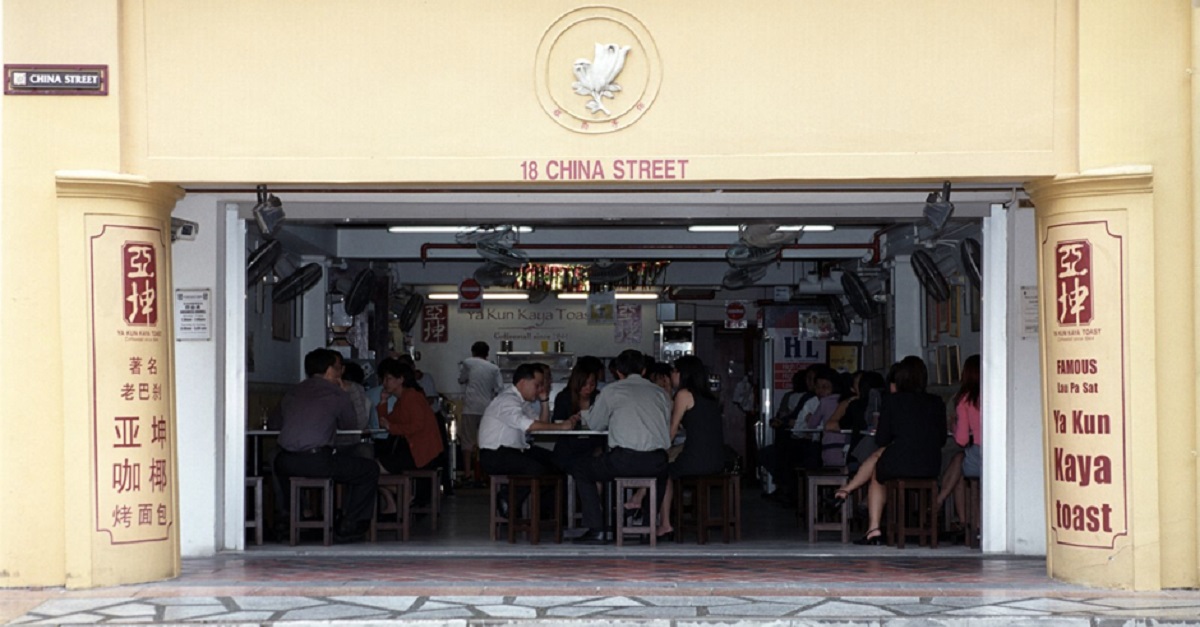
Ya Kun Kaya Toast’s flagship stall on China Street.
Rising costs of operations and rent came with the risk of starting up in a trendy location, but the business quickly grew, spurred on by the office crowds and a re-emergence of the ‘kopi and toast’ culture. This period saw Ya Kun’s exponential growth; a second stall opened in Tanjong Pagar and they quickly moved to franchise the brand in 2000.
The strongest ties that bind the company together are those rooted in the family. Ah Koon’s sons, Adrin and Algie Loi, took over the business and oversaw its meteoric rise to the kopi empire it is now. The kaya spread recipe is also a closely-guarded secret, with family members manning the factory where the jam is produced.
Today, this Singaporean comfort food is now enjoyed across 11 other territories, from as near as our neighbours in Malaysia to as far as South Korea, demonstrating the universal appeal of the simple meal. Echoing this sentiment, a spokesperson from Ya Kun explained, “We hope to perpetuate this belief that good toast can bind kinship, friendship and partnership.”
Bee Cheng Hiang
In 1933, Teo Swee Ee quickly found his niche in selling his sweet-salty flavoured barbecued pork slices at bustling corners on the streets of Chinatown, which was populated by communities of different Chinese dialect groups.
He toiled from place to place with his bamboo pole, carrying pork slices and the charcoal with which he grilled the fragrant meat. However, the enterprising street hawker knew that festive seasons presented booming business opportunities. Whichever street the crowd flocked to during a holiday, Teo Swee Ee was on hand to barbecue street snacks on the spot for the entire family.
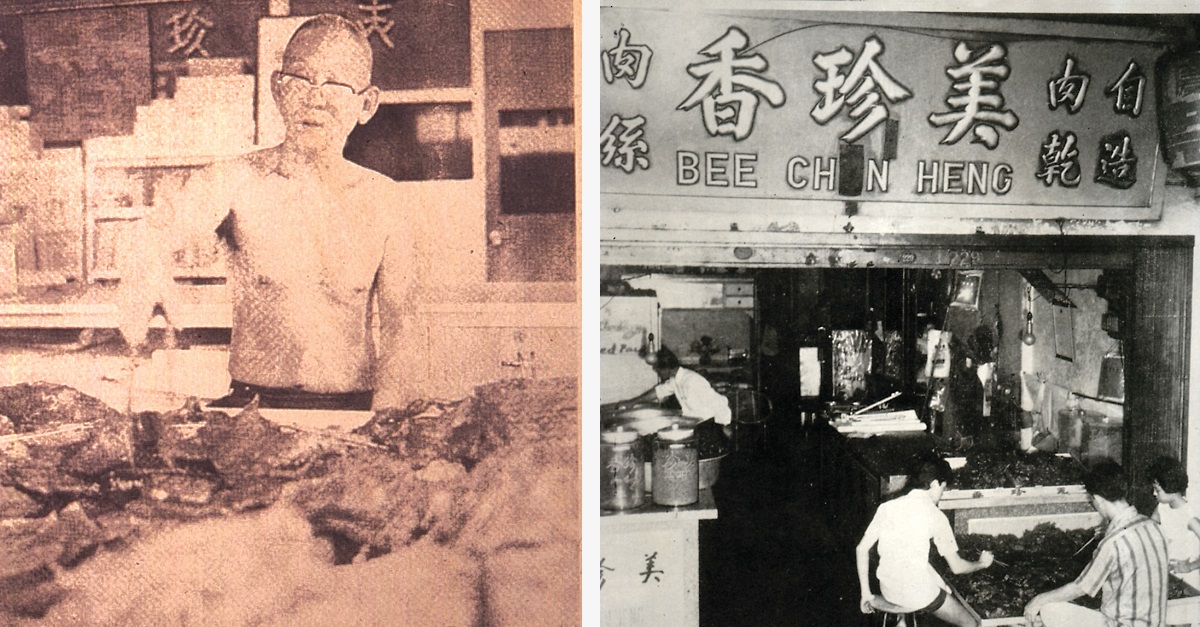
Founder Teo Swee Ee barbecued the meat over a charcoal fire. Bee Cheng Hiang’s first outlet in Rochor Road.
This proved to be a masterstroke as Bee Cheng Hiang’s first outlet opened in 1945 in Rochor Road.
The brand’s knack of finding innovative solutions to clear business hurdles is a defining factor in their story. When the parked lorries of a neighbouring logistics company were obstructing their Rochor Road shopfront, the founder volunteered to paint the brand’s name across the front of the lorries, providing one of the first instances of mobile branding.
As generations went by, Singaporeans adopted a faster-paced lifestyle and different tastes from a wider variety of cuisines. Bee Cheng Hiang adapted once more. They implemented bite-sized packets of barbecued meat for quick and easy consumption.
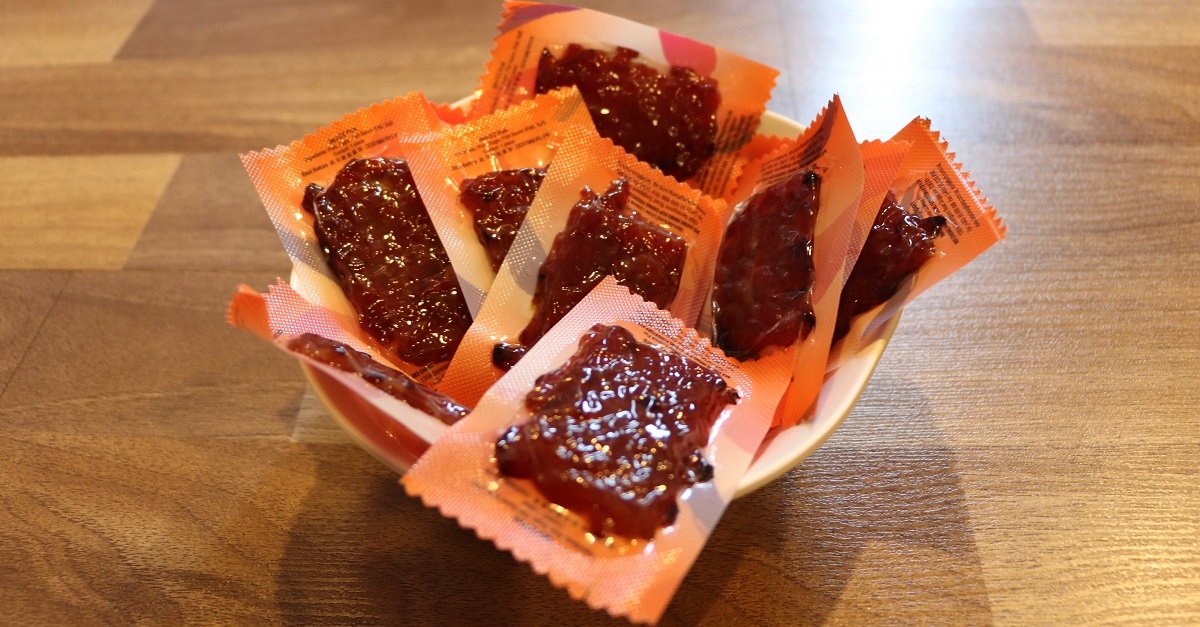
The bite-sized packets were easier to consume on the go.
In recent years, the topic of health and wellness reached the national conscience and conversation. In light of that, the brand also introduced Chiziban, a healthier version of their snacks made from pork loin, which boasts a lower calorie count than chicken breast.
“It has benefited us because as customers become more discerning on product quality, they appreciate that we do not compromise on tradition and quality. At the same time, it keeps us constantly on our toes to innovate and surprise our customers”, a Bee Cheng Hiang spokesperson said of these changes.
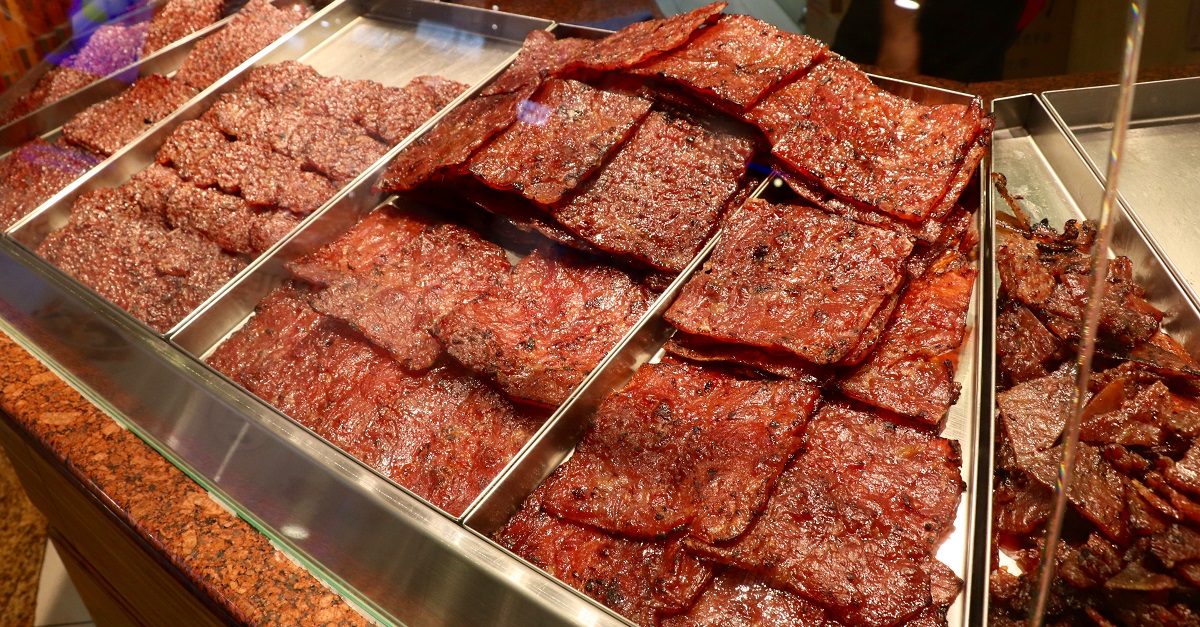
A wide selection of Bak Kwa can be found at stores today, ranging from the gourmet to coin varieties.
Having left such an indelible mark as a snack of choice for Lunar New Year gatherings, it is no wonder that Bee Cheng Hiang has franchised in foreign shores like Hong Kong, Thailand and the Philippines.
How did each country take to these barbecued snacks? The spokesperson explained, “Each country presents its own set of challenges and restrictions because of varying cultural norms. For example, Japan pays exceptional attention to detail in their gift packaging. For that market, we challenged ourselves to come up with new packaging that would attract Japanese consumers, and even had to re-conceptualise how each slice of Bak Kwa is enjoyed once its reaches the customer’s hands.”
From single stalls to empires
With their respective humble beginnings dating back a whopping 159 years combined, Ya Kun Kaya Toast and Bee Cheng Hiang have resiliently stood the test of time to flourish into household brands both locally and abroad.
Wherever you may find yourself, there is nothing quite like the unmistakeable sight, smell and taste of these two homegrown names.
